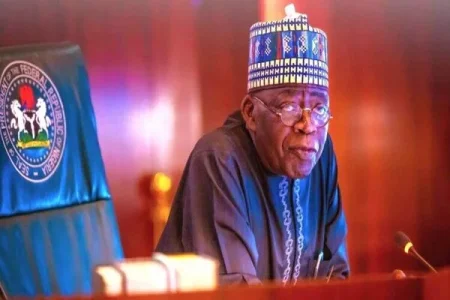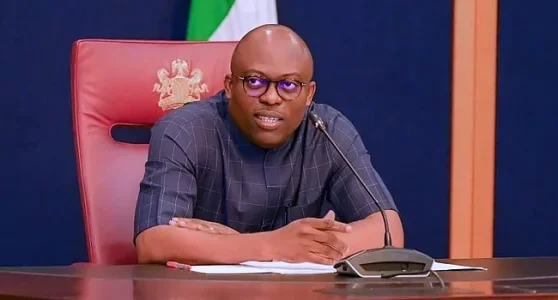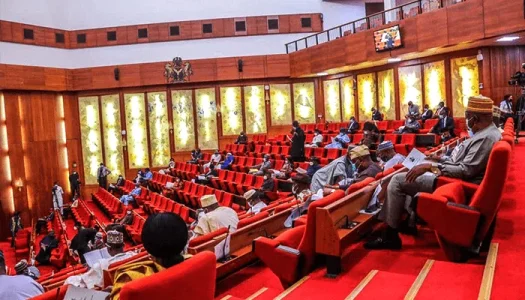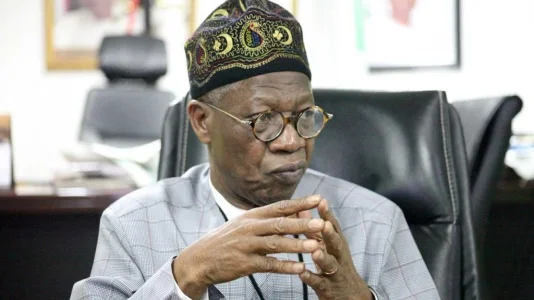
In light of economic challenges, President Bola Tinubu has ordered a low-key 64th Independence Day celebration. The government cited fuel subsidy removal and the need for fiscal reform as key reasons. Efforts to boost infrastructure, food security, and SMEs were also highlighted during the announcement by federal officials.
In response to the growing economic challenges faced by Nigeria, President Bola Ahmed Tinubu has once again directed that the country’s 64th Independence Day celebration be observed on a low-key scale. This decision marks the second consecutive year the federal government has chosen to tone down festivities, reflecting the "mood of the nation."
During a press conference in Abuja, Secretary to the Government of the Federation (SGF), Senator George Akume, stated that the President sympathizes with Nigerians enduring economic hardships. He highlighted key factors, including the removal of fuel subsidies, as part of the unavoidable policy choices that have impacted the nation's economy. Senator Akume emphasized that these measures were necessary, despite the short-term strain, and are intended to create opportunities for long-term economic recovery through the Renewed Hope Agenda.
Key achievements were also noted during the briefing. Among them was the establishment of the Presidential CNG Initiative (Pi-CNG), which has launched a fleet of hybrid Compressed Natural Gas (CNG)-powered buses to alleviate transportation challenges. Further support for the economy was outlined, with a focus on empowering Small and Medium Enterprises (SMEs) to strengthen Nigeria's economic foundation.
In addition, Minister of Information Mohammed Idris spoke of President Tinubu’s transformative policies aimed at addressing past economic missteps, while Finance Minister Wale Edun discussed efforts to boost domestic agricultural production to ensure food security. Budget and National Planning Minister Alhaji Abubakar Bagudu underscored the need for infrastructure development to meet the demands of Nigeria's rapidly growing population.




